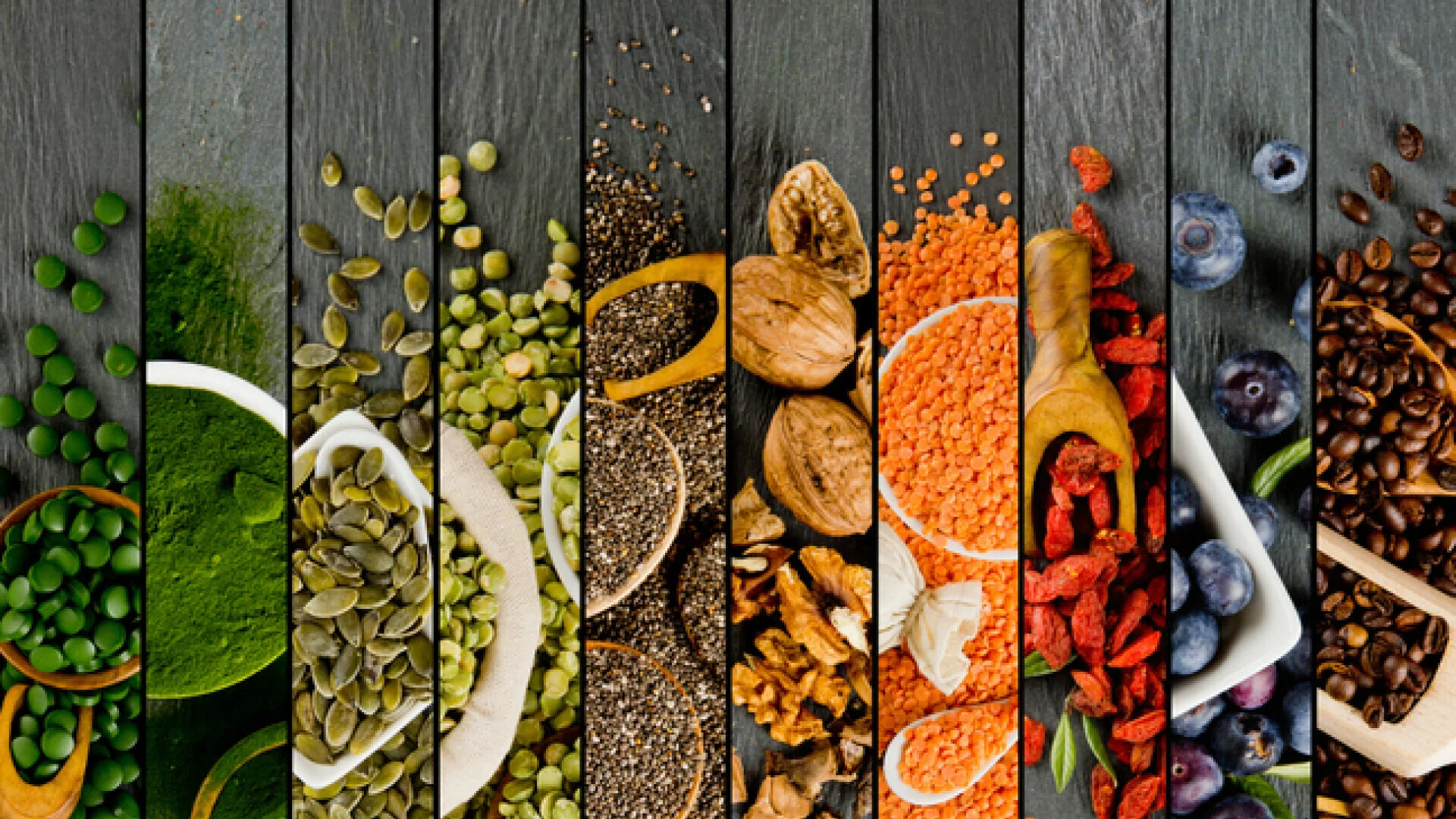The most common mistakes we make when going on a diet

The search for a healthy and aesthetic body forces many people to adhere to a certain diet or diet. However, this path is strewn with good intentions, which often do not lead to positive results. This is largely due to a number of common mistakes we makeusually without even realizing it, which can jeopardize not only the success of the diet, but also our health.
In this dive into the most common dieting mistakes, we will try to explain those failures, some of which are the result of ignorance and others of common myths that They interfere with our path to the desired nutritional balance. Understanding these mistakes is crucial in order to be able to avoid them and thus ensure an effective and, most importantly, sustainable dietary process over time.
WHEN CALORIE COUNTING BECOMES SELF-IMPOSED


One of the most common mistakes when starting a diet is to become a meticulous calorie counter. Keeping detailed records is not a problem in itself, but that’s when it becomes an obsession, ignoring the quality of food and focusing solely on quantity. It is very important to remember that Not all calories are created equal; Nutrient-rich foods are preferred over “empty calorie” highly processed foods.
Drastically cutting calories can also be counterproductive. The body may go into “survival” mode and begin to slow down its metabolism to conserve energy. which results in less fat burning. In addition, this strategy often leads to feelings of deprivation, which can result in overeating or quitting the diet altogether.
It’s important to balance the caloric deficit needed for weight loss with a diet that provides essential nutrients. Even in weight loss mode, the body requires diverse input and sufficient macronutrients (protein, fat and carbohydrates), as well as vitamins and minerals.
Neglecting Hydration: A Common Diet Mistake
Drinking water is essential for optimal functioning of the body and therefore for the weight loss process. Dehydration is often confused with hunger, which can lead to consume extra calories when we really need fluid. Additionally, water promotes waste elimination and proper digestion, which is key to any healthy eating plan.
The importance of water in the diet is not limited to its role in controlling appetite and digestion. This is also important for maintaining skin turgor and to transport nutrients to cells. Insufficient water intake can lead to fatigue and decreased physical performance, which is especially harmful if the diet is supplemented with exercise.
Numerous studies have shown that adequate water intake can increase the body’s resting energy expenditure, which ultimately helps burn more calories. Drinking water before meals may also help. feel full faster and therefore reduce food intake.
LACK OF PLANNING: THE PATH TO FAILURE


Sticking to a diet without a specific plan is like sailing without a compass; You can move forward, but without a clear direction, it’s easy to get lost. Planning isn’t just about what you’re going to eat during the week, it’s also about preliminary preparation of dishesand setting realistic and achievable goals in the short, medium and long term.
Including a variety of foods and avoiding culinary monotony is essential to maintaining motivation. Many people give up dieting because they get bored of always eating the same thing, or they can’t find alternatives that suit their lifestyle and personal tastes. In this sense, shop according to a pre-made list and do not go to the supermarket hungry. are recommended practices Avoid impulsive and unhealthy purchases.
A common mistake is not paying attention to social situations. Work lunches, get-togethers with friends, or family gatherings can be a serious problem for maintaining a diet. Having a plan, such as deciding what to eat or how to handle a situation in advance, minimizes the impact these events can have on our eating patterns.
Neglect of mental health
Mental health is often an overlooked aspect when it comes to dieting. The relationship between food and our psychological state goes both ways: the food we eat affects our emotional well-being, and our emotional state can influence the food choices we make. Start a diet without taking this link into account can lead to cycles of restriction and overeatingcaused by inadequate emotional management of stress, anxiety or depression.
Imposing overly restrictive dietary rules can trigger episodes of binge eating, accompanied by feelings of guilt and further restrictions, which creates the vicious circle is difficult to break. Recognizing that nutrition and mental health are interconnected is critical to creating a balanced and sustainable eating plan over time.
SUPERFOOD DEMISTICS


In the avalanche of nutrition information that floods us in the digital age, the term “superfood” gained popularity. Some products are promoted as a cure-all that will help you achieve your health and weight loss goals. However, this view can lead to nutritional imbalance as the diet overly focuses on these foods, often ignoring the importance of a varied diet.
There is no single food that, by itself, can provide all the nutrients necessary for the proper functioning of the body. Including a wide range of foods in your diet is important for provide a balanced diet. So-called superfoods may be valuable for their nutritional value, but they shouldn’t be the only star of our diet.
SELECTION EFFECT: BEYOND WEIGHT
One of the most discouraging consequences of a poorly planned diet is the terrible rebound effect. Rapid weight loss is often followed by an equally rapid and sometimes even greater recovery of the lost weight. This phenomenon is not only demoralizing, but also may have negative health effectssuch as metabolic destabilization and changes in body composition that increase the proportion of fat in muscle mass.
To avoid the rebound effect, it is essential to make lifestyle changes that may be sustainable in the long term, instead of express solutions that promise immediate results. A gradual, progressive approach to weight loss that focuses on adopting healthy habits and developing a more balanced relationship with food is much more beneficial.
With these additions, the article aims to provide a comprehensive overview of the most common nutritional mistakes. While the weight loss industry continues to thrive and promise instant and easy results, it is important that people Take a cautious and well-informed approach. After more than thirty years of working in Spanish journalism specializing in digital health and nutrition, my goal has always been to offer readers information that will allow them to make more informed decisions about their health and well-being.
Proper weight loss is a journey that begs patience, perseverance and deep respect for our body and mind. The mistakes we explore here are ultimately deviations from a path that, once recognized, can be avoided in order to steadily move toward a fuller, healthier life.
